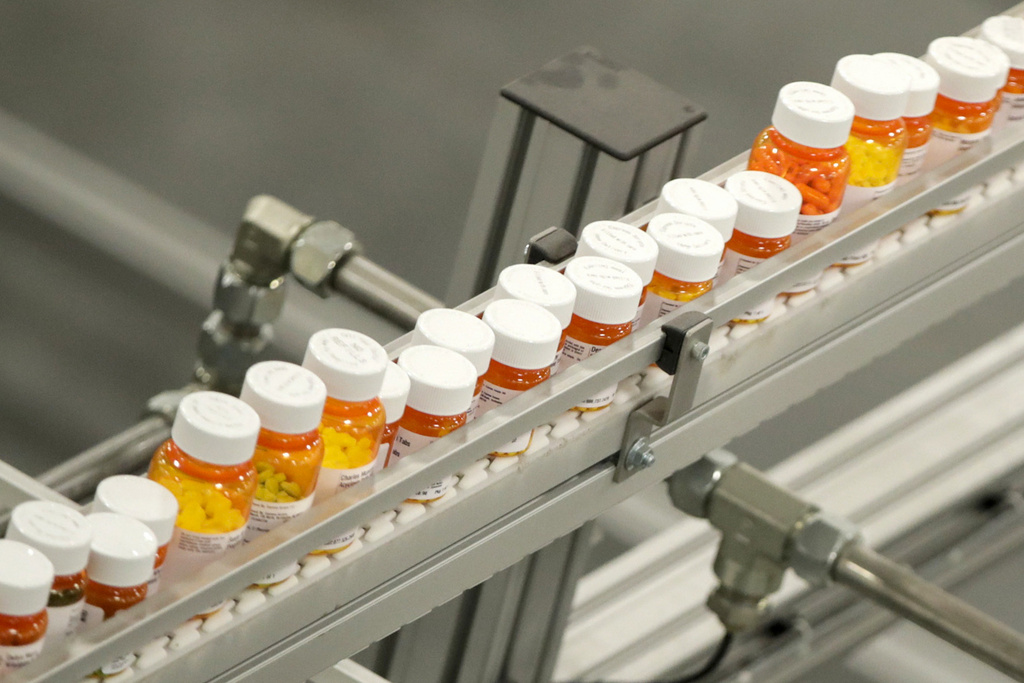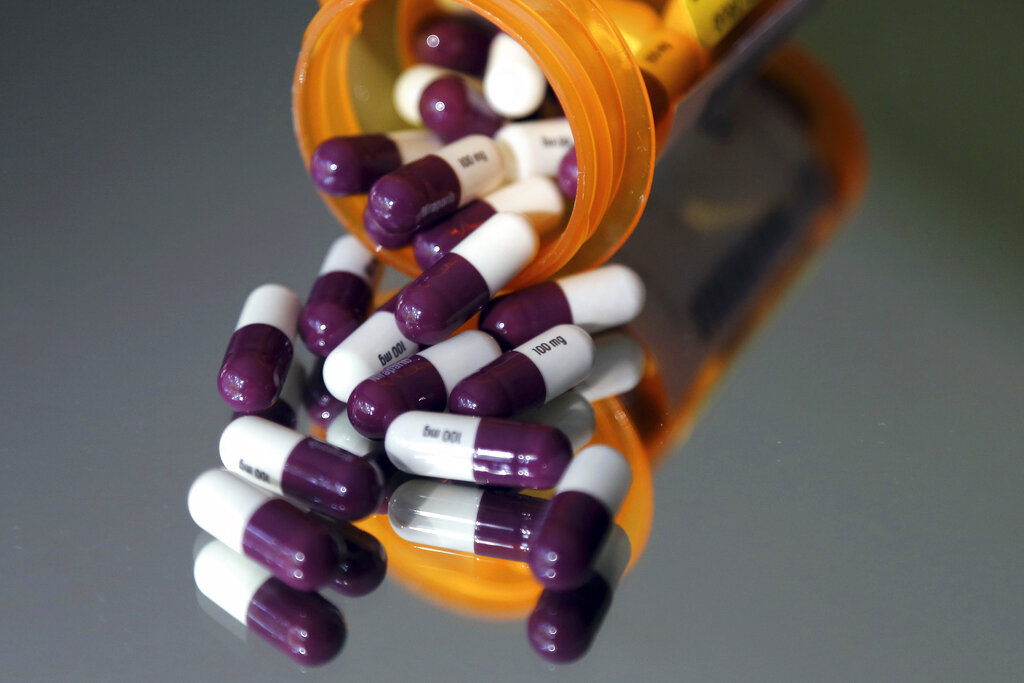Executive Order Is Trump’s Prescription for Overcoming the Big Pharma Lobby
President demands that drug companies start bringing costs ‘in line’ with those in other nations.

President Trump is demanding that, within 30 days, pharmaceutical companies start bringing drug costs “in line” with those of other nations. Monday’s executive order takes action while seeking to counter industry lobbyists, spurring Congress to act.
The executive order directs “relevant executive departments and agency officials” to “communicate” what the president has dubbed “most-favored-nation price targets to pharmaceutical manufacturers.” The deadline is June 10.
Presidents often resort to executive orders and actions to bypass the legislative process. “I will use my pen,” President Obama said of how he’d advance his agenda after Republicans won control of Congress in 2014.
As much as opponents in Congress complain, executive orders spare them votes that might offend donors. Mr. Trump is doing what he deems necessary but not letting Congress off the hook. “I’m doing this,” he said at the White House on Monday, against the “most powerful lobby in the world.”

While America has “only 4 percent of the world’s population,” Mr. Trump said, drug companies “make more than two-thirds of their profits” off its citizens. He will “no longer tolerate profiteering and price gouging from Big Pharma,” but believes the companies “should make pretty much the same money.”
Mr. Trump called his policy “just a redistribution of wealth” and spoke of his “great respect” for the industry. Yet Americans have been “suckers,” he said, footing the bill for research and development. “American patients,” he said, are “subsidizing socialist health care systems” thanks to European Union “price controls.”
The “nasty” EU, Mr. Trump said, “set a price,” told pharmaceutical companies what it would pay, “and anything over that, ‘charge America.’” As a result, drugs are “sometimes 10 times more expensive” than overseas even when they’re “from the same factory, manufactured by the same company.”
Europeans are “going to have to pay a little bit more,” Mr. Trump said, “the rest of the world is going to have to pay a little bit more, and America will pay a lot less.” He stressed using the term “other developed countries … because there are some countries that need some additional help and that’s fine.”

Mr. Trump called on Congress to pass his “one, big, great beautiful bill” so he can sign his new policy into law. Democrats, he said, are “protectors of this pricing system.” He doesn’t see how they can vote against the bill to bring prices “down 70, 80 percent,” even if it contains other proposals they dislike.
An investigative journalist, Gerald Posner, laid out the difficulty of overcoming the drug lobby in “Pharma: Greed, Lies, and the Poisoning of America.” He tells The New York Sun that he disagrees with “putting the blame only on Democrats for the U.S. having the world’s highest drug prices.”
Mr. Posner said that “Big Pharma has, in its pocket, both” parties. “It’s why trying to control drug prices is done through an executive order. Congress will never act” without leadership from the White House to impose the “equalization” of prices.
The secretary of health and human services, Robert F. Kennedy Jr., who spoke after Mr. Trump, said that Congress “is controlled, in so many ways, by the pharmaceutical industry.” He explained that “by some estimates,” it has three lobbyists for each Supreme Court justice and member of Congress.
“The industry itself,” Mr. Kennedy said, “spends three times what the next largest lobby spends.” He noted that it had given Mr. Trump $100 million. “But,” he said, the president “can’t be bought … and he is standing here for the American people,” not “the oligarchs,” as Democrats allege.
The administrator for the Centers for Medicare & Medicaid Services, Mehmet Oz, spoke after Mr. Kennedy. He said that Mr. Trump’s “aggressive approach” was “taking on the special interests,” showing the American people that his administration “stands for fairness.”
It will soon be clear whether an executive order can exert enough pressure to overcome the pharmaceutical lobby. Mr. Trump may get his bill. If not, he’ll have to drive prescription costs down by himself, using the pen the Constitution put in his hand to act when Congress won’t.

